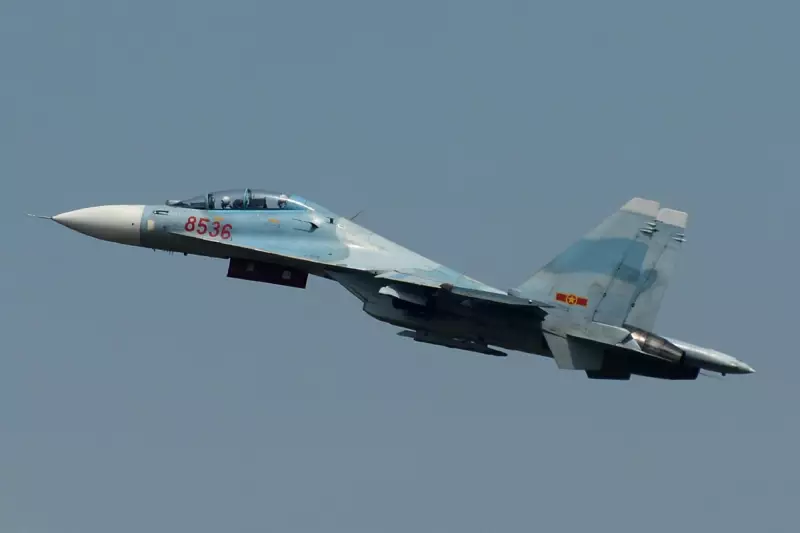
Poland has delivered a stark and definitive rejection of Ukraine's impassioned pleas for a NATO-enforced no-fly zone, with the country's Prime Minister declaring such an act would be tantamount to entering the war and could unleash a 'full-scale conflict'.
The decisive statement from Polish Prime Minister Mateusz Morawiecki, made alongside his British counterpart Boris Johnson in London, extinguishes one of Kyiv's most urgent requests as it faces relentless aerial bombardment from Russian forces. Mr Morawiecki was unequivocal, stating that agreeing to a no-fly zone would be a 'military intervention' in the ongoing war.
A Red Line for NATO
'A no-fly zone would mean military intervention in the Ukrainian conflict,' the Prime Minister asserted. 'This would mean that the entire alliance would be, in effect, part of the conflict. This is a step that we cannot take.'
This position aligns with the consistent stance of the NATO alliance, which has feared that directly engaging Russian aircraft would represent a dramatic and dangerous escalation, potentially spiralling into a direct confrontation between the world's largest nuclear powers.
The Catastrophic Risk of Escalation
Both leaders emphasised the apocalyptic risks involved. Prime Minister Johnson echoed the grave concerns, warning that enforcing a no-fly zone could lead to a 'direct confrontation' with Russia with 'truly unforeseeable consequences'.
Mr Morawiecki went further, outlining the terrifying domino effect that could follow. He warned that should NATO shoot down a Russian jet, it could provide the pretext for Moscow to invoke Article 4 of its collective security treaty with other former Soviet states, potentially drawing Belarus and others into a broader war.
'This could cause a full-scale war, which in turn could lead to World War Three,' he stated bluntly. 'Therefore, we cannot risk the security of the whole of Europe and even the world.'
Alternative Support for Ukraine
Instead of direct military intervention in the skies, both leaders stressed their commitment to supporting Ukraine through other critical means. This includes:
- Providing advanced defensive weaponry: Supplying anti-tank and anti-aircraft missiles to help Ukrainian forces defend their own airspace.
- Imposing crippling economic sanctions: Targeting the Russian economy and its political elite to degrade its ability to wage war.
- Offering humanitarian aid: Helping the millions of civilians displaced and affected by the conflict.
The discussion also touched upon the deployment of RAF Typhoon jets to patrol NATO's eastern flank in Poland, a move designed to reinforce the alliance's defensive posture and reassure member states without crossing the line into direct engagement with Russia.
The united front from London and Warsaw highlights the precarious balance Western leaders are trying to strike: providing unwavering support to a sovereign nation under attack while desperately avoiding actions that could turn a regional conflict into a global conflagration.






